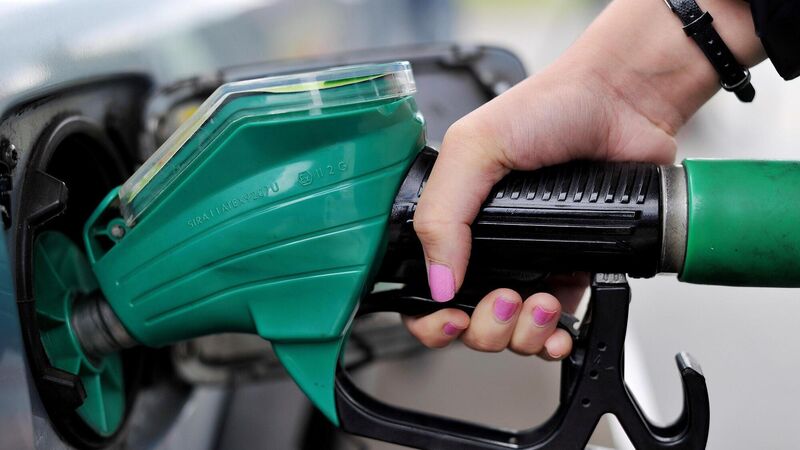Call for Government to halt fuel excise duty hike as figures show tax take highest ever

Aontú leader Peadar Tóibín said the figures were 'an astronomical amount of money collected from tax on fuel' and show the excise duty should remain cut.
The tax take from fuel was just under €3.8bn last year — the highest in the past decade — despite cuts to excise duties.
Prices are set to increase once again when those excise duty cuts expire and will see 4c, 3c and 1.7c added to petrol, diesel and marked gas oil respectively on both April 1 and August 1.










